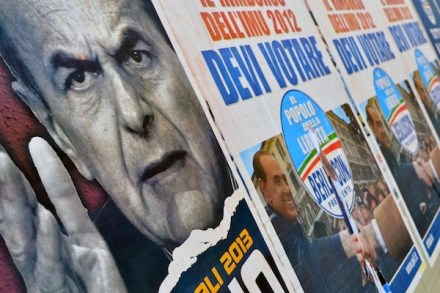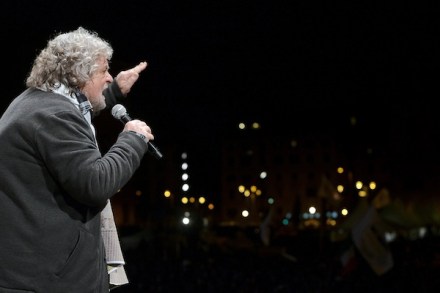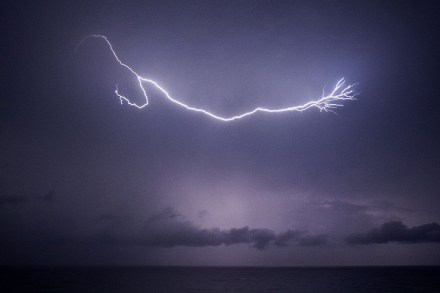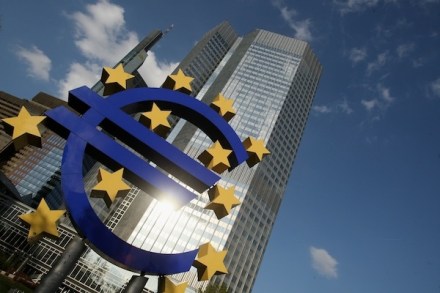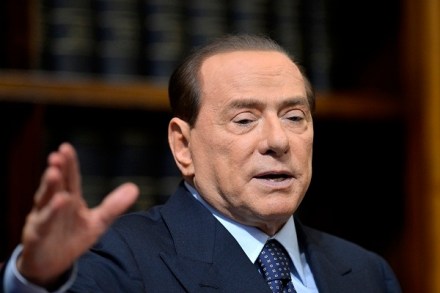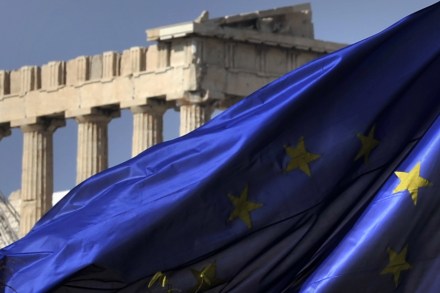Papal Conclave: would a result today mean Angelo Scola is Pope?
White smoke from the Vatican this afternoon may signal that the new Pope is Cardinal Angelo Scola. But the longer the papal conclave goes on, the more likely it becomes that St Peter’s next successor will be a global figure – which probably means either a North or Latin American, rather than an African or Asian. That, at least, is the prevailing consensus of the Vaticanisti this morning. And it makes sense. Scola, probably the least talked about of the heavy favourites, is the obvious choice to follow Pope Benedict: a theologian of similarly high standing (though his writings are less accessible to lay readers), he has grown in stature




